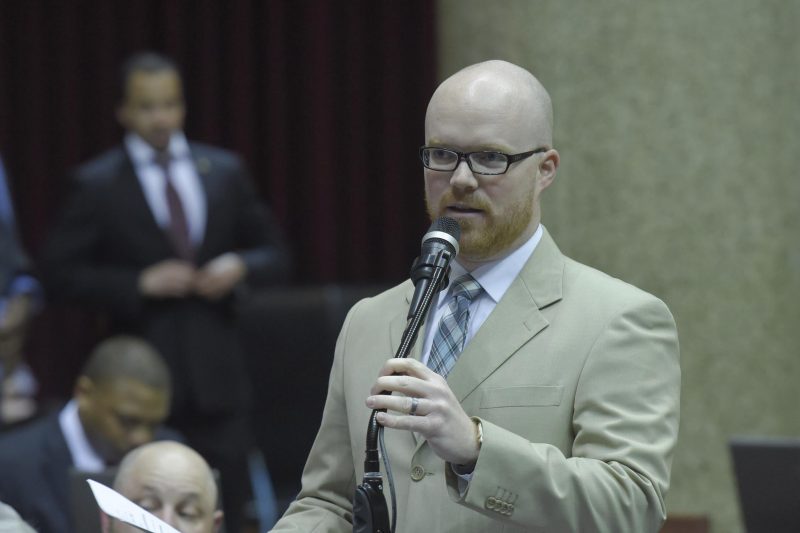Promoting opportunities for young Missourians who seek employment in the areas of Science, Technology, Engineering, and Mathematics (STEM) is of utmost importance in today’s world. In the 2018 legislative session, I have introduced two bills designed to further STEM opportunities: 1) the “STEM Career and Awareness Program” designed to increase career awareness in grades six through eight. This program is designed to introduce students to a wide variety of STEM careers and technology through a web-based STEM curriculum (HB 2138); and 2) legislation requiring the Missouri Department of Elementary and Secondary Education to develop a policy that allows a student to fulfill one unit of math, science, or practical arts credit as required for high school graduation with a district-approved computer science course (HB 1623).
STEM-related careers are abundant and represent a path to stable and prosperous employment for the next generation of workers. I was recently struck by a column written by Jack Gerard, President and CEO of the American Petroleum Institute (API). He indicated that in 2015, millennials accounted for more than one-third of the natural gas and oil industry workforce and referenced an RAND Corporation study conducted for API that underscores the importance of training or education in one of the STEM disciplines. The importance placed on these disciplines by this industry is because it is seen as a pathway to industry job opportunities and integral to attracting more women and minorities into industry careers. Important takeaways from the study include:
- Nearly 20 percent of all current U.S. jobs require STEM skills and/or training.
- STEM jobs are projected to grow about 9 percent out to 2024.
- Nearly half of all STEM jobs don’t require a four-year degree, and one-third of all STEM jobs are in blue-collar occupations. In the oil and gas industry, specifically, more than 1 million blue-collar job opportunities are projected through 2035.
- Students graduating with a bachelor’s degree in 2017 in STEM were projected to have average salaries ranging from nearly $60,000 to $66,000. This is a trend of adding $2,000 to $4,000 more than in 2016.
The oil and gas industry is just one example of the importance of making STEM education available to our students in Missouri. Many other industries, both established and emerging, will increasingly rely on workers trained in the areas of science, technology, engineering, and mathematics.
State Representative Travis Fitzwater
Missouri House of Representatives, District 49



